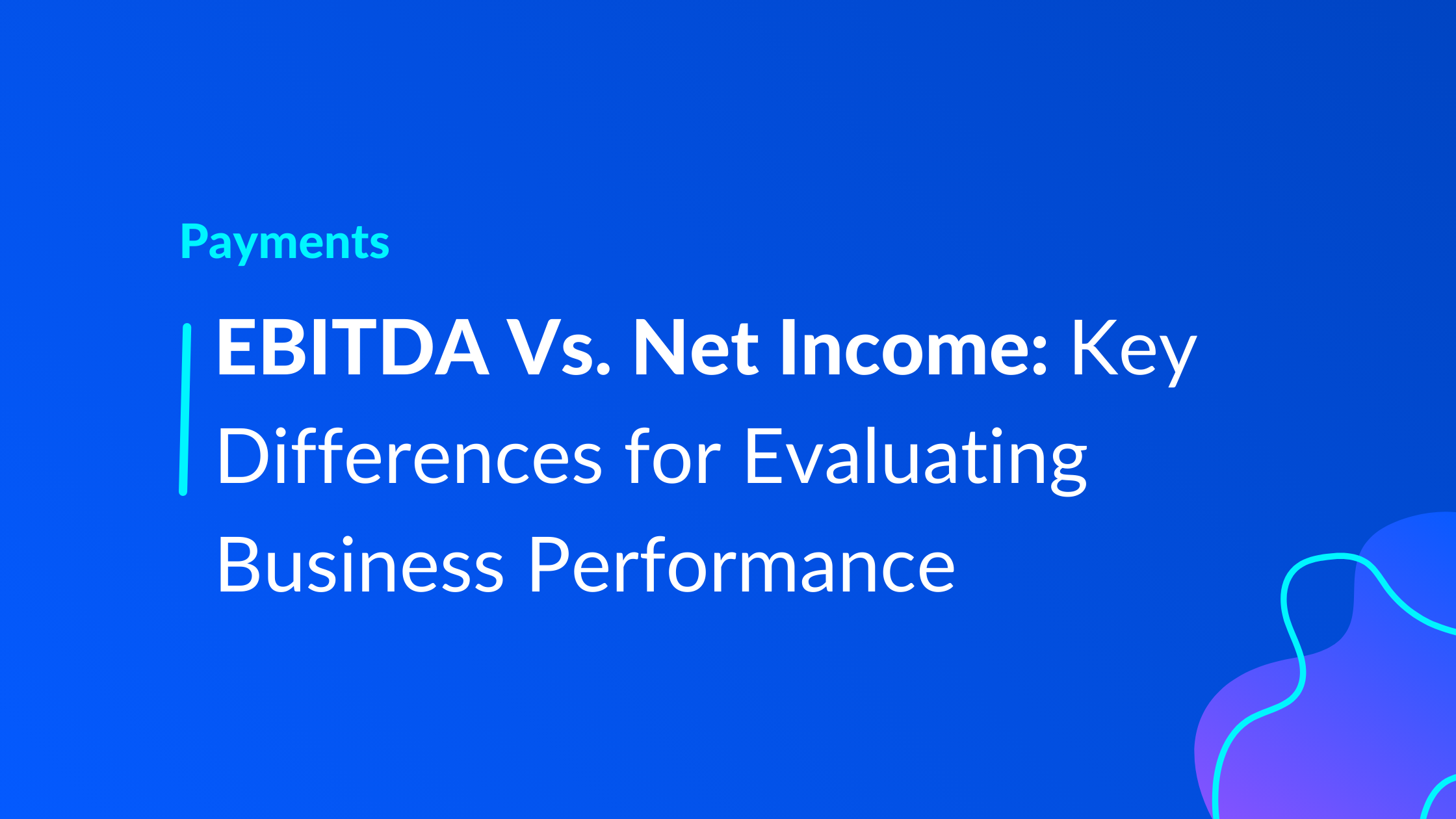As a business owner or financial professional, having a strong grasp of a company's finances is crucial for success. In the world of finance, two frequently used terms are EBITDA and Net Income -
Perhaps you've wondered, what's the difference? While these metrics may appear similar, they do in fact, possess distinct differences especially for their role in effectively evaluating business performance.
Here, we delve into the crucial disparities between these two key financial metrics in determining EBITDA vs Net Income, and how together, they can be collectively used to your business advantage.
What is EBITDA?
In case you missed our last blog post, Understanding EBITDA: What It Reveals About Your Business, let's quickly recap the fundamentals -
EBITDA, also known as Earnings Before Interest, Taxes, Depreciation, and Amortization, serves as a powerful tool to evaluate a company's operational performance. By eliminating the impact of financing and accounting decisions from the earnings figures,
EBITDA allows business owners and investors to compare the operating efficiency of different companies on a level playing field. This calculation removes any variations that may arise from financing and accounting choices; ultimately minimizing the differences in net income.
EBITDA plays a pivotal role in determining the valuation of your business, and you can uncover its complete significance through our latest eBook available here.
What is net income?
Net Income, also known as the bottom line, represents a company's profit after subtracting all expenses from its total revenue.
It serves as a crucial figure for investors and shareholders in providing a clear picture of a company's profitability.
Net Income is frequently showcased in financial statements and is used to calculate earnings per share; a key metric used by investors to evaluate the performance of a company's stock.
What's the difference between EBITDA and net income?
The key difference between EBITDA and Net Income is that EBITDA focuses on the operating performance of a company, while Net Income measures profitability after all expenses have been accounted for.
While EBITDA is a powerful metric for evaluating the efficiency of your company's operations, it does not account for taxes, interest payments, and other non-operating expenses, which can impact the overall financial health of your business -
Net Income, on the other hand, captures all expenses of the business, including non-operating and interest expenses, making it a holistic measure of profitability.
Why are both metrics important?
While EBITDA and Net Income offer distinct insights into a company's financial standing, they both play a crucial role in understanding the overall health of your business.
EBITDA allows you to assess operational efficiency by eliminating the impact of financing and accounting decisions on earnings. On the other hand, Net Income provides a comprehensive view of profitability by encompassing all expenses, taxes, and interest.
By analyzing both metrics, business owners and financial professionals can gain a deeper understanding of their company's financial wellbeing and make informed decisions to propel their business forward.
Through a meticulous analysis of both EBITDA and Net Income, savvy business owners and financial professionals can confidently navigate their way towards making well-informed decisions for driving their businesses towards success.
Ready to kick business goals? Discover seamless financial automation with WisePay.
